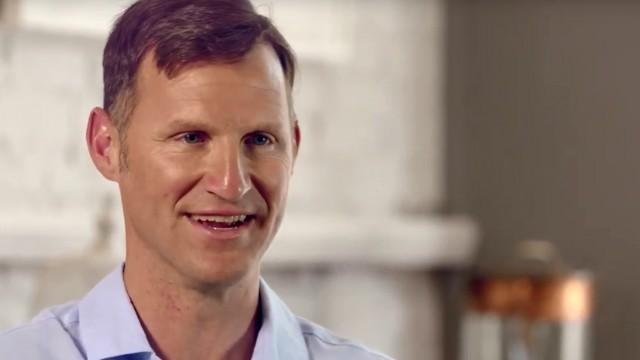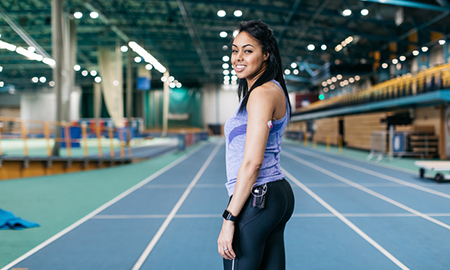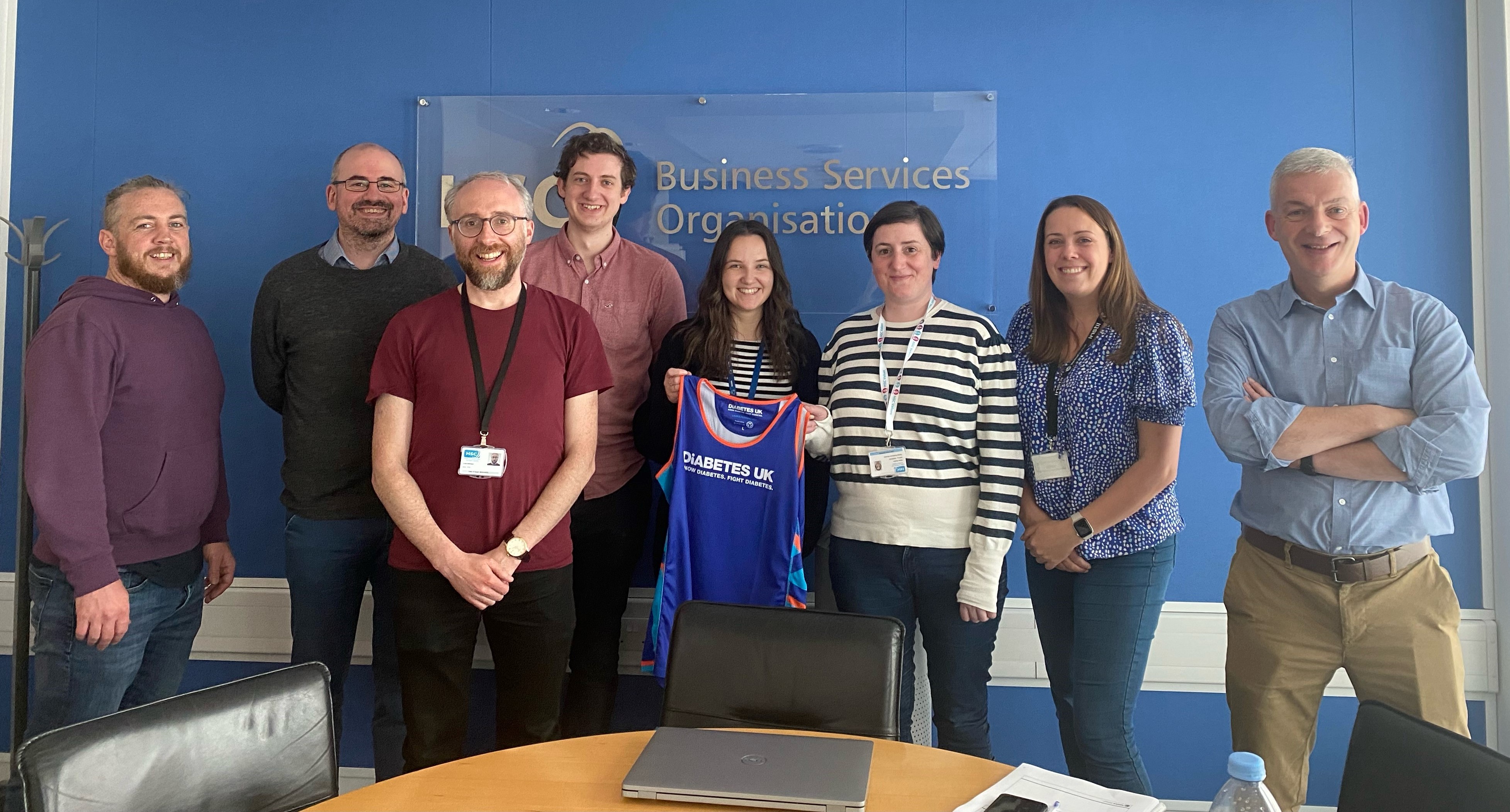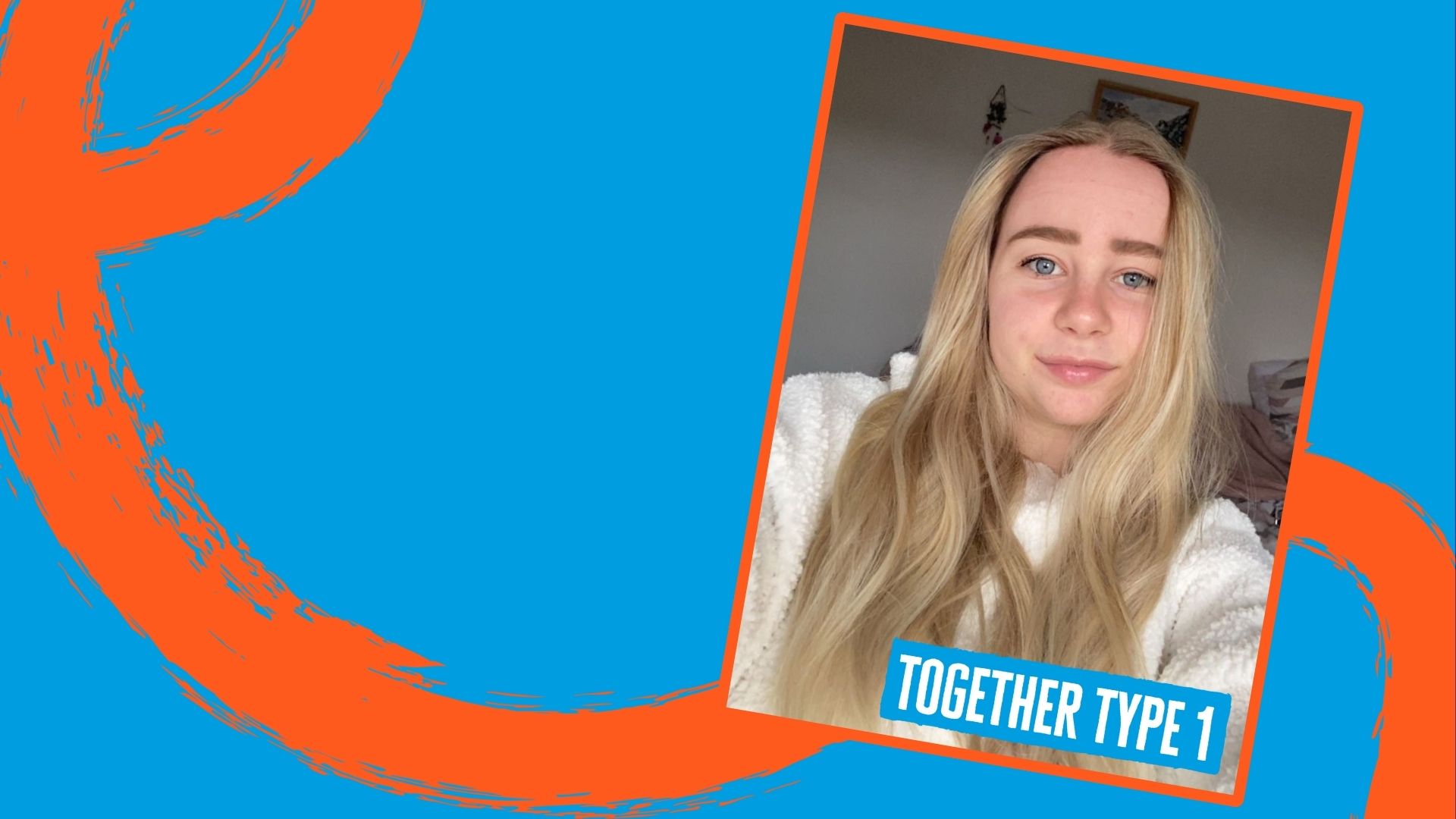
Gareth Roberts
Diagnosed with neonatal diabetes in 2008.
I found having diabetes hard at times. It’s just one of those things that is difficult when you’re young. I felt different. But, I was never restricted from doing anything.
Gareth was diagnosed with type 1 diabetes at just eight weeks old. Years later his diabetes nurse suspected he actually had neonatal diabetes, a rare form of diabetes caused by gene mutation, and invited him to take part in a clinical trial that could radically change his diabetes treatment.



